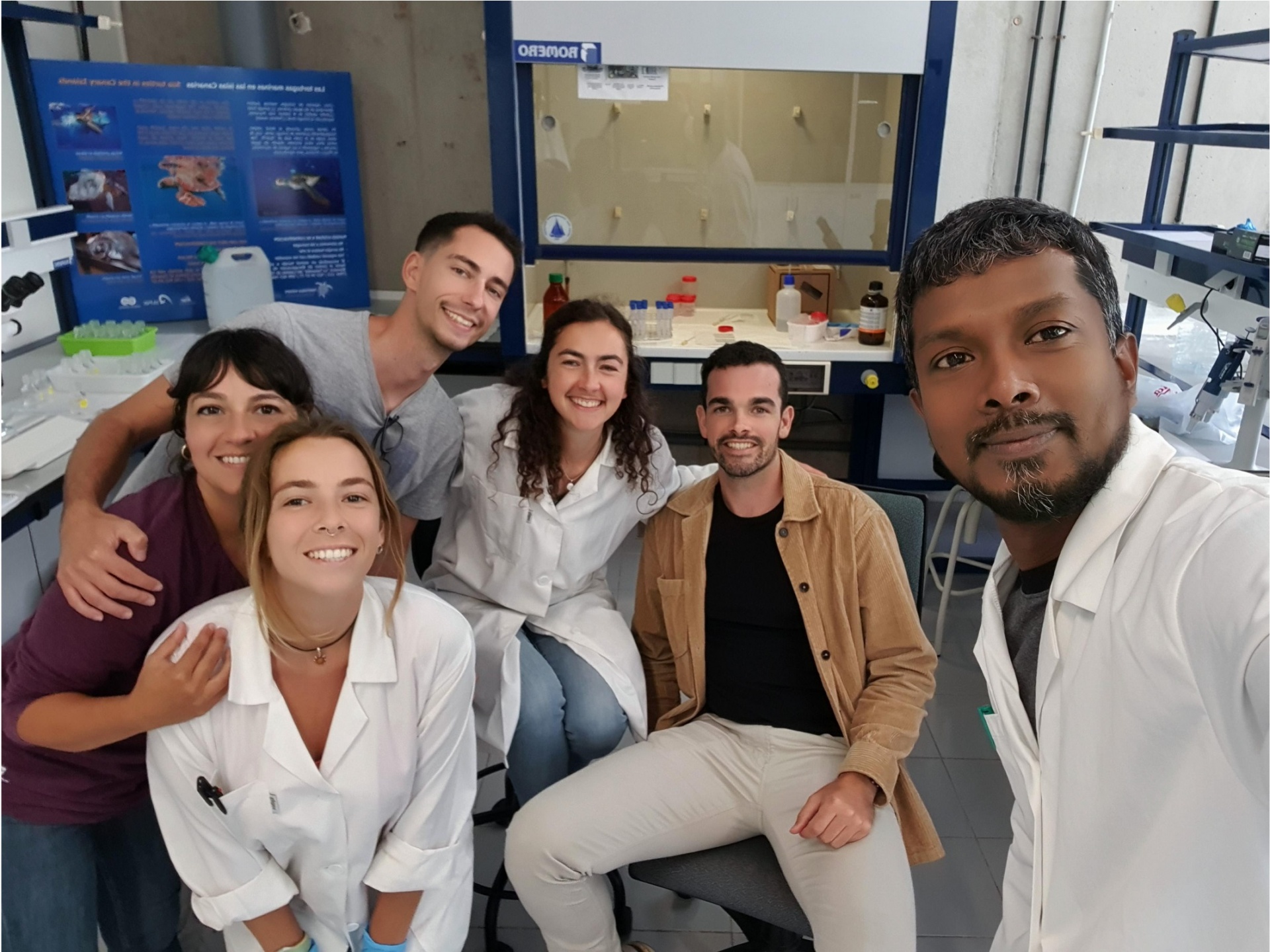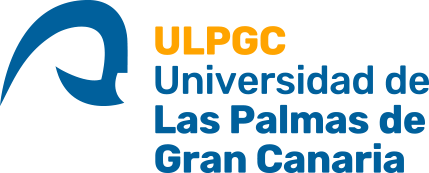
ABOUT MICROPLEACH
The project "Impact of leachate additives from microplastics on plankton" (MICROPLEACH) aims to study the effect of leachates from microplastic additives on plankton and the associated risk in coastal ecosystems.
It is well known that microplastics (plastic particles smaller than 5 mm) are omnipresent in the marine environment, and that ocean waters are polluted with tens of thousands of tonnes of these microplastics. So far, two important eco-toxicological aspects of microplastic pollution have been studied: the effect of their ingestion on marine biota and their role as vectors for the transport of organic pollutants associated with them (through adsorption and absorption mechanisms).
Through the MICROPLEACH project, funded by the Spanish Ministry of Science and Innovation, another avenue of research is opening up through the study of microplastic leachates. In addition to the chemical compounds that can adsorb to microplastics, microplastics contain industrial chemical additives (plasticisers, antioxidants, flame retardants, etc.) added during the manufacturing process. These chemical additives are not chemically bound to the plastic polymer and can therefore be released into the environment. Thus, the fragmentation of marine plastic waste into microplastics can have a significant influence on the leaching of these compounds into the ocean, and thus on pollution through the marine trophic chain, as plankton is the first link in this chain.
Project Objectives
The main objectives of this project are to characterise the chemical composition of leachates from virgin and wild-collected microplastics and to evaluate their effects on different planktonic communities, identifying the most dangerous additives after acute and chronic exposure. In this way, the ecological risk of these plastic additive leachates on both plankton and ecosystems can be evaluated.
To this end, leachates from plastic materials will first be characterised, and then various eco-toxicological experiments will be carried out on phytoplankton, protozoa, planktonic copepods or meroplankton larvae, in order to assess the impact of leachate pollution on the microplankton community.
Researchers involved
The project integrates an interdisciplinary research team with expertise in environmental chemistry, plankton ecology, toxicology and experimental biology.
This research team is led by Dr. Rodrigo Almeda García, from the EOMAR research group and count with the collaboration of other members of the group such as Dr. May Gómez Cabrera, Dr. Alicia Herrera Ulibarri, researcher Ico Martínez Sánchez, as well as Dr. Octavio Pérez Luzardo, coordinator of the SERTOX company, and Dr. Sinja Rist and Dr. Elena Fabbri, from the Technical University of Denmark (DTU) and the University of Bologna, respectively.



